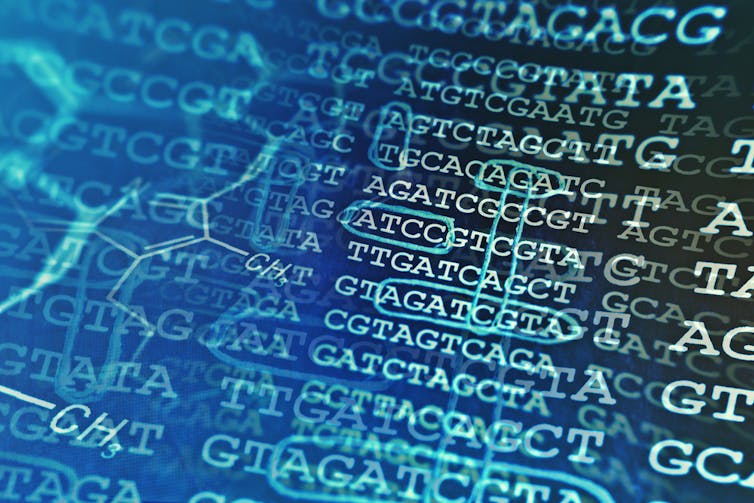What makes an athlete great? The age old question continues to tease the sporting world. As science makes significant strides in the understanding of our genetic information, the search for the genetic components which separate winners and losers has followed. And now genetic testing is becoming increasingly popular and accessible to consumers who may be curious about their genetic information for health or ancestral reasons.
In competitive sport, the use of genetic testing for sports performance, disease and injury prevention and talent identification has been documented. For instance, in 2008 it was reported that an English football club approached a scientist about “the possibility of screening players to discover whether they have a genetic predisposition to athletic excellence”.
The company 23andMe also reportedly conducted genetic analyses of National Football League (American football) players to investigate how genes affect athletic performance while, in advance of the 2016 Olympics in Rio, there were claims by another company that it was working with elite UK athletes during their competition preparations.
Until now, however, relatively little was known about the scale of genetic testing in elite sport, and how elite performers and support staff felt about it.
What the study says
In a recent study investigating the current use of genetic testing in UK elite sport, we surveyed 72 elite athletes and 95 support staff at UK sports clubs and governing bodies and found that genetic testing related to sports performance and injury susceptibility does take place – although it is not common. The study also reveals that there seems to be a willingness among elite athletes and support staff for genetic information to be used to improve sport performance and reduce injury risk.
So, what are the implications of these findings? There have been some genetic variations that have been shown to potentially influence sports performance – for example, ACE II (associated with endurance athletes) and ACTN3 RR (associated with power athletes). However, the impact of genetic variations on sport performance remains far from conclusive.
Moreover, research has not demonstrated how genetic testing can be used effectively to improve sporting performance or reduce susceptibility to injury. The difficulties in assessing how genes interact with the environment, the assumption that many genes play a role in determining physical attributes, and the lack of understanding about how genetic variants interact all pose problems.

Despite this, the majority of support staff and athletes reported that there is a place for genetic testing in sport – although opinion was divided over the use of genetic testing for selection/employment (28% of athletes and 14% of support staff agree it should be used) and talent identification (67% of athletes and 48% of support staff agree). These findings are interesting given the connotations of making key decisions about an athlete’s career based on genetic information. The potential use or misuse of such genetic information may highlight a knowledge gap – and also raises key ethical and legal concerns.
The implications
The availability and increased marketing of direct-to-consumer genetic testing raises concerns about how genetic information is being used and whether individuals with an “unfavourable” genetic profile could be discriminated against in some way. Concerns about the use of genetic testing generally are being addressed in some counties. Canada, for example, most recently passed a genetic discrimination law to prevent insurance companies from using genetic information. The Genetic Information Non-discrimination Act 2008 (GINA) in the US also protects individuals from being excluded from employment and insurance on the basis of their genetic information.
It is not clear where sport falls within this current regulatory framework. The essence of sporting activity is about challenging our physical and non-physical differences by creating conditions which separate athletes on the basis of these variations. However, at times these exclusionary practices are potentially incompatible with equality principles, in situations where there is no justification or legitimate basis for differential treatment.
The use of genetic information to make determinations about selection and employment presents a possible conflict. Australia’s Law Reform Commission recommended that policies and guidelines on the use of genetic information in sport should be developed by sports authorities.
In the search for the qualities that make up a great athlete, it is important that research investigating genetic associations with sporting traits improves so that genetic testing is based upon good evidence rather than unsupported assumptions about genetics and athletic ability. The finding that genetic testing is taking place in the UK also suggests that the sporting community will require a greater degree of education about the potential application of genetic testing, its current limitations and the wider legal and ethical implications of genetic testing for talent identification and selection.

